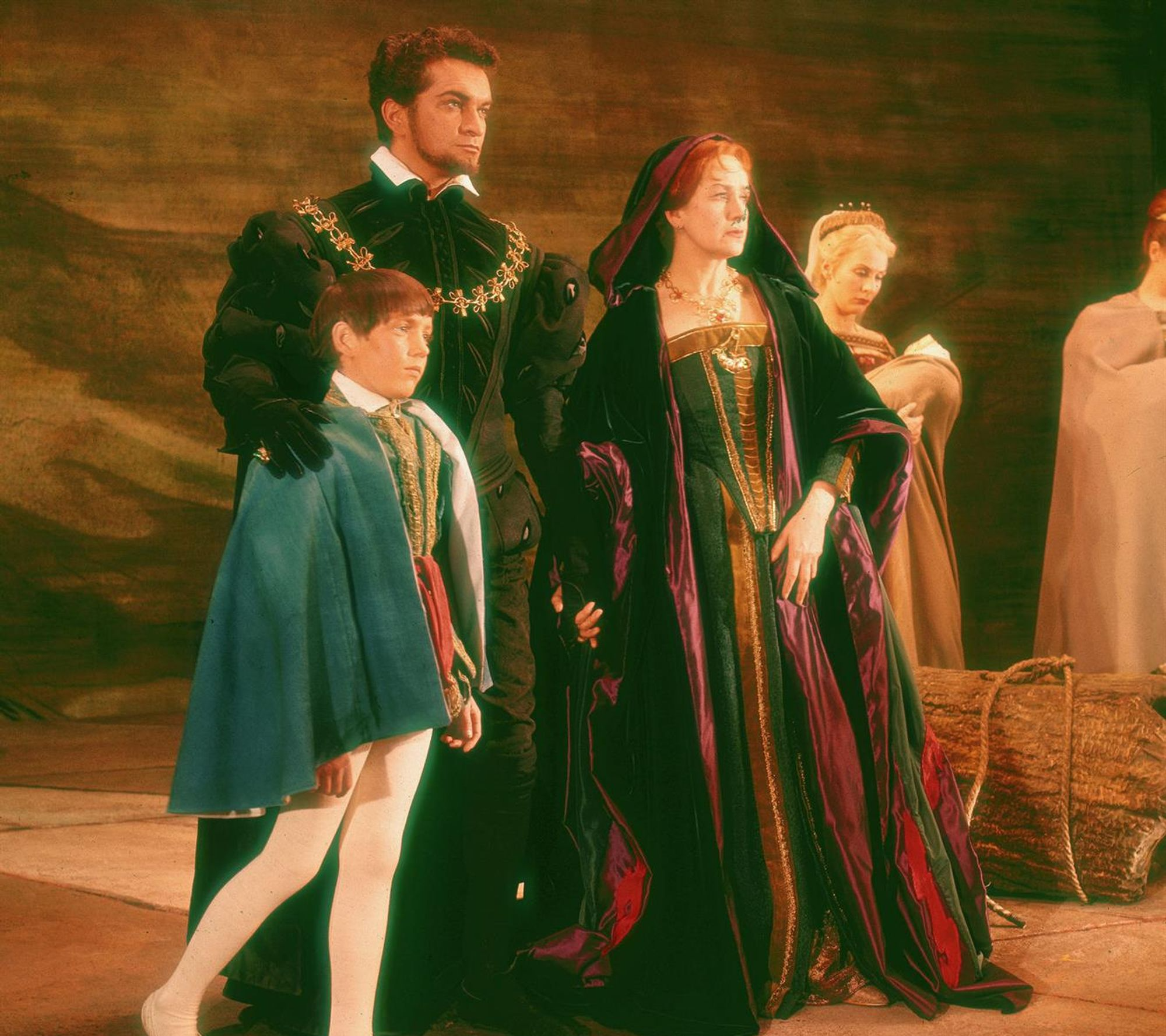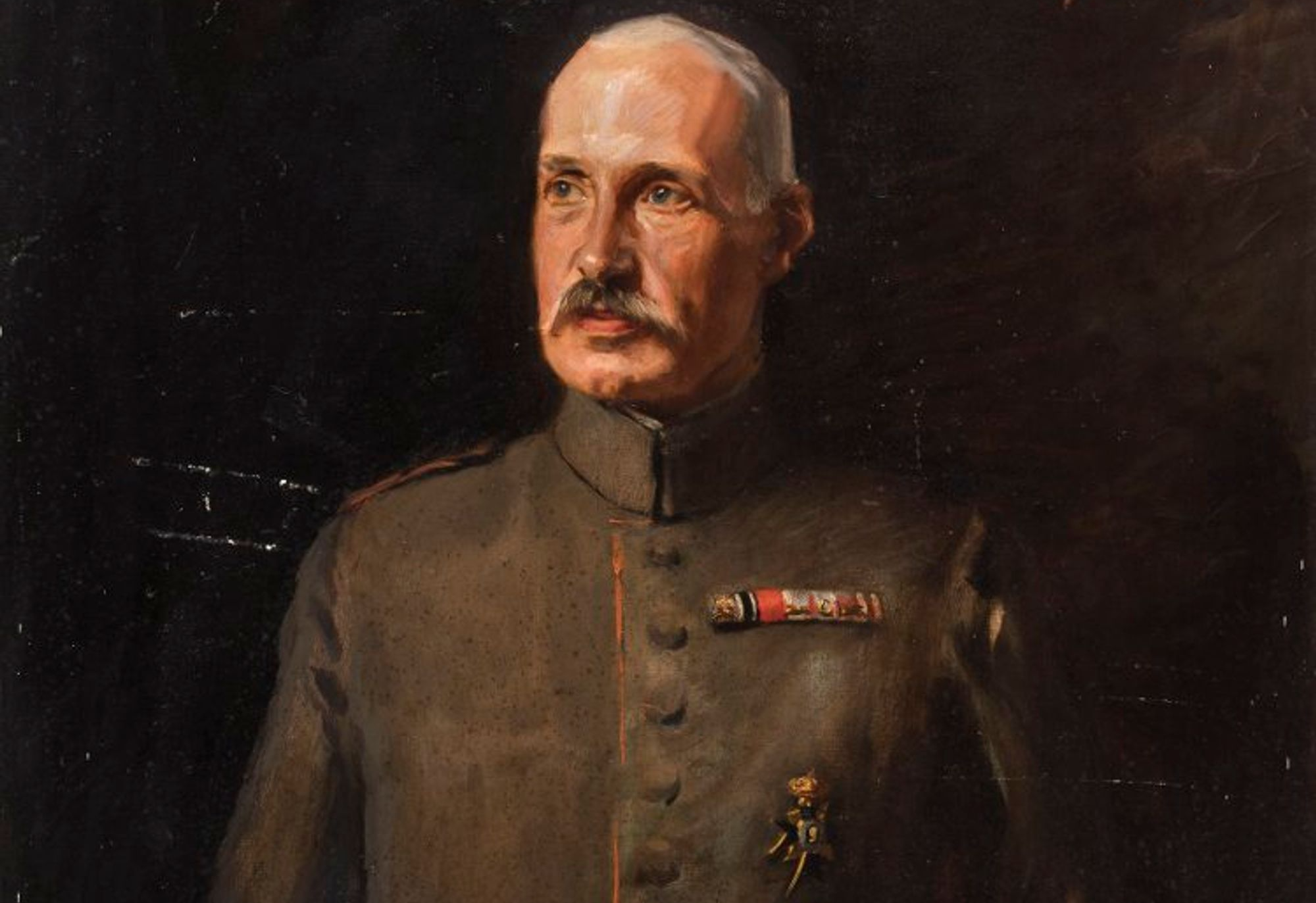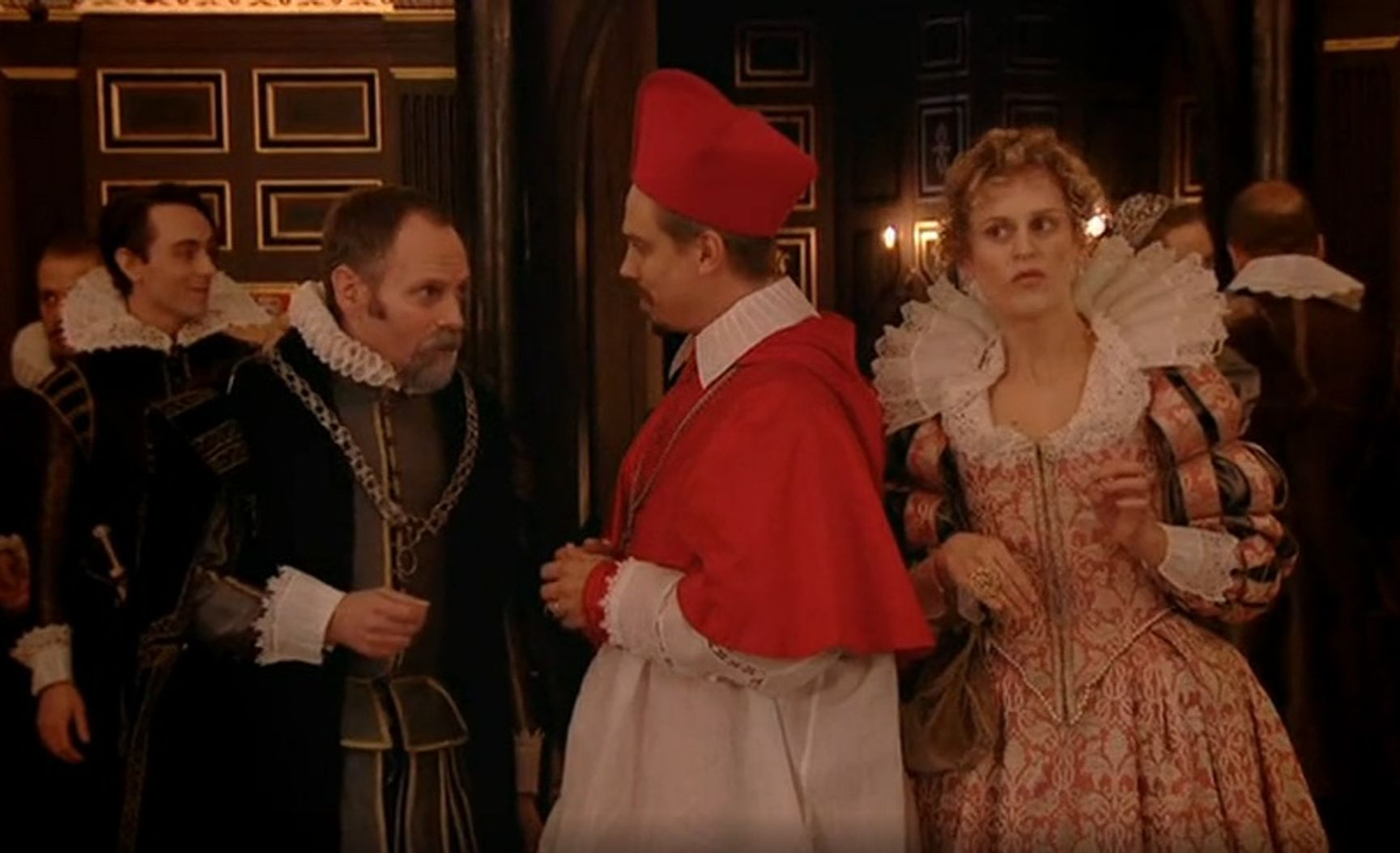Photo AI
Last Updated Sep 26, 2025
Character Analysis Simplified Revision Notes for A-Level OCR English Literature
Revision notes with simplified explanations to understand Character Analysis quickly and effectively.
380+ students studying
Character Analysis
The Duchess of Malfi
Overview
The Duchess of Malfi, the protagonist of John Webster's play, is a young widow and the ruler of Amalfi. She is portrayed as intelligent, virtuous, and independent, defying her brothers' wishes by secretly marrying her steward, Antonio. Her defiance and pursuit of love set the tragic events of the play in motion, showcasing themes of power, gender, and familial duty.

Key Moments in the Play
- Secret Marriage to Antonio (Act 1, Scene 3): The Duchess proposes to Antonio, subverting traditional gender roles and marrying in secret.
- This moment highlights her defiance against societal norms and her brothers' control.
- Confrontation with Ferdinand (Act 3, Scene 2): Ferdinand confronts the Duchess about her secret marriage and children, revealing his incestuous jealousy.
- This scene marks the beginning of her downfall as her brothers' plot against her intensifies.
- Imprisonment and Death (Act 4, Scene 2): The Duchess is imprisoned, tortured, and ultimately executed by her brothers' orders.
- Her dignified acceptance of death underscores her strength and virtue in the face of brutality.
Key Themes
-
Power and Gender: The Duchess challenges traditional gender roles and asserts her autonomy, symbolizing the struggle for female agency in a patriarchal society.
-
Family and Loyalty: Her actions and tragic fate highlight the complex dynamics of familial duty, loyalty, and betrayal.
-
Corruption and Power: The play examines the corrupting influence of power and the devastating consequences of unchecked authority.
Key Quotes
"I am Duchess of Malfi still." (Act 4, Scene 2)
- The Duchess asserts her identity and dignity even in the face of death.
- This quote emphasizes her strength and unyielding nature, highlighting her resistance against her brothers' oppression.
"Whether I am doomed to live, or die, / I can do both like a prince." (Act 3, Scene 2)
- The Duchess expresses her resolve to face her fate with dignity and grace.
- This quote reflects her regal bearing and courage, reinforcing her noble character despite her tragic circumstances.
Ferdinand, Duke of Calabria
Overview

Ferdinand, Duke of Calabria, is the twin brother of the Duchess and one of the play's primary antagonists. Driven by jealousy, pride, and incestuous desire, he seeks to control his sister's life and preserve the family's honour, leading to his descent into madness and eventual death.
Key Moments in the Play
- Hiring Bosola to Spy on the Duchess (Act 1, Scene 1): Ferdinand places Bosola in the Duchess's household to spy on her, initiating his obsessive control.
- This action sets the stage for the unfolding tragedy and his increasing paranoia.
- Confrontation with the Duchess (Act 3, Scene 2): Ferdinand confronts the Duchess about her secret marriage and children, displaying his rage and jealousy.
- His violent outburst reveals his inner turmoil and incestuous desires.
- Madness and Death (Act 5, Scene 2): Consumed by guilt and madness, Ferdinand stabs the Cardinal and is killed by Bosola.
- His tragic end underscores the destructive power of unchecked emotions and power.
Key Themes
- Jealousy and Madness: Ferdinand's obsessive jealousy and repressed desires drive him to madness and violence.
- Corruption and Power: His actions highlight the corrupting influence of power and the destructive consequences of authoritarian control.
- Family and Honour: Ferdinand's twisted sense of familial duty and honour leads to his moral and psychological downfall.
Key Quotes
"Cover her face; mine eyes dazzle: she died young." (Act 4, Scene 2)
- Ferdinand reacts to the sight of the Duchess's dead body with immediate remorse and regret.
- This quote captures his complex emotions and foreshadows his eventual madness and guilt.
"Whether we fall by ambition, blood, or lust, / Like diamonds we are cut with our own dust." (Act 5, Scene 5)
- Ferdinand reflects on the self-destructive nature of human desires and actions.
- This quote underscores the play's themes of ambition, corruption, and the inevitability of fate.
The Cardinal
Overview
The Cardinal, the brother of the Duchess and Ferdinand, is a corrupt and manipulative religious figure who wields his power for personal gain. His calculating nature and moral hypocrisy make him a central antagonist in the play.

Key Moments in the Play
- Plotting Against the Duchess (Act 2, Scene 5): The Cardinal conspires with Ferdinand to imprison and torture the Duchess, revealing his ruthless ambition.
- This moment showcases his willingness to sacrifice his family for power and control.
- Affair with Julia (Act 2, Scene 4): The Cardinal's affair with Julia highlights his moral hypocrisy and exploitation of his religious authority.
- This relationship exemplifies his duplicity and manipulation.
- Murder of Julia (Act 5, Season 2): The Cardinal murders Julia to prevent her from revealing his secrets, demonstrating his cold-blooded nature.
- This act reinforces his ruthless character and foreshadows his downfall.
Key Themes
- Corruption and Hypocrisy: The Cardinal embodies the corrupting influence of power and the moral decay within religious institutions.
- Manipulation and Deceit: His actions reveal the extent of his deceit and manipulation in pursuing his ambitions.
- Family and Betrayal: The Cardinal's betrayal of his sister underscores the destructive consequences of familial betrayal and ambition.
Key Quotes
"I have taken you off your melancholy perch, / Bore you upon my fist, and showed you game." (Act 2, Scene 4)
- The Cardinal manipulates Julia, showcasing his control and exploitation of others.
- This quote highlights his predatory nature and the theme of power dynamics in relationships.
"I do account this world but a dog-kennel." (Act 5, Scene 2)
- The Cardinal expresses his cynicism and contempt for the world.
- This quote reflects his disillusionment and moral corruption, reinforcing his role as an antagonist.
Antonio Bologna
Overview
Antonio Bologna, the Duchess's steward and secret husband, is a loyal and virtuous character whose love for the Duchess defies societal norms. His relationship with the Duchess and eventual tragic fate highlight themes of love, loyalty, and the consequences of defying authority.
Key Moments in the Play
- Secret Marriage to the Duchess (Act 1, Scene 3): Antonio marries the Duchess in secret, demonstrating his deep love and commitment.
- This moment challenges societal expectations and sets the stage for the ensuing conflict.
- Flight from Amalfi (Act 3, Scene 5): Antonio flees with his eldest son to protect them from the Duchess's brothers.
- His actions reflect his loyalty and determination to safeguard his family.
- Accidental Death (Act 5, Scene 4): Antonio is mistakenly killed by Bosola while attempting to confront the Cardinal.
- His tragic end underscores the futility of his efforts to protect his loved ones and the play's themes of fate and tragedy.
Key Themes
- Love and Loyalty: Antonio's unwavering love for the Duchess and his dedication to their family highlight the themes of love and loyalty.
- Class and Ambition: His marriage to the Duchess challenges class boundaries and societal norms.
- Fate and Tragedy: Antonio's tragic fate underscores the inevitability of fate and the consequences of defying powerful forces.
Key Quotes
"The great are like the base, nay, they are the same, / When they seek shameful ways to avoid shame." (Act 3, Scene 2)
- Antonio reflects on the moral equivalence of all individuals, regardless of their social status.
- This quote emphasizes the play's exploration of class, morality, and the consequences of dishonourable actions.
"In all our quest of greatness, / Like wanton boys whose pastime is their care, / We follow after bubbles, blown in the air." (Act 5, Scene 4)
- Antonio contemplates the fleeting nature of ambition and the futility of human endeavours.
- This quote highlights the play's themes of ambition, disillusionment, and the transient nature of power.
Daniel de Bosola
Overview
Bosola, a former convict and the spy planted by Ferdinand in the Duchess's household is a complex character torn between his duty and his conscience. His actions and eventual repentance highlight themes of corruption, guilt, and redemption.
Key Moments in the Play
- Becoming Ferdinand's Spy (Act 1, Scene 1): Bosola reluctantly agrees to spy on the Duchess for Ferdinand, setting the stage for his moral conflict.
- This moment marks the beginning of his internal struggle between duty and conscience.
- Torturing the Duchess (Act 4, Scene 2): Bosola participates in the imprisonment and torture of the Duchess, revealing his internal torment.
- His growing remorse and guilt become evident as he witnesses her suffering.
- Killing Ferdinand and the Cardinal (Act 5, Scene 5): Bosola kills Ferdinand and the Cardinal in a final act of vengeance and redemption.
- This moment underscores his complex character and his ultimate attempt to make amends for his actions.
Key Themes
- Corruption and Guilt: Bosola's actions and internal struggle highlight the corrupting influence of power and the burden of guilt.
- Redemption and Revenge: His eventual turn against Ferdinand and the Cardinal reflects his desire for redemption and justice.
- Moral Ambiguity: Bosola's character embodies the play's exploration of moral ambiguity and the complexities of human nature.
Key Quotes
"I am your creature." (Act 1, Scene 1)
- Bosola acknowledges his subservience to Ferdinand, highlighting his sense of duty.
- This quote underscores the theme of power dynamics and Bosola's internal conflict.
"We are merely the stars' tennis balls, struck and banded / Which way please them." (Act 5, Scene 4)
- Bosola reflects on the capricious nature of fate and human existence.
- This quote emphasizes the play's themes of fate, powerlessness, and the unpredictability of life.
Delio
Overview
Delio, a loyal friend to Antonio and a minor character in the play, provides a perspective on the events and moral lessons of the story. His role underscores themes of loyalty, friendship, and the consequences of ambition.
Key Moments in the Play
- Supporting Antonio (Act 1, Scene 2): Delio expresses his support for Antonio and his secret marriage to the Duchess.
- This moment highlights his loyalty and friendship.
- Final Speech (Act 5, Scene 5): Delio delivers the play's closing lines, reflecting on the events and offering hope for the future.
- His speech underscores the moral lessons and the potential for redemption and justice.
Key Themes
- Loyalty and Friendship: Delio's unwavering support for Antonio highlights the themes of loyalty and friendship.
- Moral Reflection: His final speech provides a moral perspective on the play's events and the consequences of ambition.
- Hope and Redemption: Delio's role in the play's conclusion emphasizes the potential for redemption and justice despite the tragedy.
Key Quotes
"Integrity of life is fame's best friend, / Which nobly, beyond death, shall crown the end." (Act 5, Scene 5)
- Delio reflects on the importance of integrity and the enduring nature of true honour.
- This quote underscores the play's themes of morality, reputation, and the potential for redemption.
Julia
Overview
Julia, the Cardinal's mistress and Castruccio's wife is a secondary character whose actions and fate highlight themes of infidelity, manipulation, and the consequences of deceit. Her involvement with the Cardinal and later with Bosola underscores the play's exploration of power dynamics and moral corruption.
Key Moments in the Play
- Affair with the Cardinal (Act 2, Scene 4): Julia's affair with the Cardinal reveals her infidelity and the Cardinal's moral hypocrisy.
- This relationship exemplifies the corrupt and manipulative nature of the Cardinal.
- Murder by the Cardinal (Act 5, Scene 2): Julia is killed by the Cardinal after discovering his secrets, showcasing the ruthless lengths he will go to protect himself.
- Her death highlights the consequences of deceit and manipulation.
Key Themes
-
Infidelity and Deceit: Julia's actions reflect the themes of infidelity and deceit, highlighting the moral corruption within the play.
-
Power and Manipulation: Her relationships with the Cardinal and Bosola underscore the dynamics of power and manipulation.
-
Consequences of Sin: Julia's fate exemplifies the destructive consequences of sin and moral corruption.
Key Quotes
"You may thank me, lady. / I have taken you off your melancholy perch, / Bore you upon my fist, and showed you game." (Act 2, Scene 4)
- The Cardinal manipulates Julia, showcasing his control and exploitation of others.
- This quote highlights his predatory nature and the theme of power dynamics in relationships.
"I go, I know not whither." (Act 5, Season 2)
- Julia expresses her confusion and resignation before being murdered by the Cardinal.
- This quote underscores the theme of powerlessness and the tragic consequences of deceit.
500K+ Students Use These Powerful Tools to Master Character Analysis For their A-Level Exams.
Enhance your understanding with flashcards, quizzes, and exams—designed to help you grasp key concepts, reinforce learning, and master any topic with confidence!
50 flashcards
Flashcards on Character Analysis
Revise key concepts with interactive flashcards.
Try English Literature Flashcards5 quizzes
Quizzes on Character Analysis
Test your knowledge with fun and engaging quizzes.
Try English Literature Quizzes29 questions
Exam questions on Character Analysis
Boost your confidence with real exam questions.
Try English Literature Questions27 exams created
Exam Builder on Character Analysis
Create custom exams across topics for better practice!
Try English Literature exam builder12 papers
Past Papers on Character Analysis
Practice past papers to reinforce exam experience.
Try English Literature Past PapersOther Revision Notes related to Character Analysis you should explore
Discover More Revision Notes Related to Character Analysis to Deepen Your Understanding and Improve Your Mastery
96%
114 rated
The Duchess of Malfi by John Webster
Context & Writer’s Techniques
304+ studying
187KViews